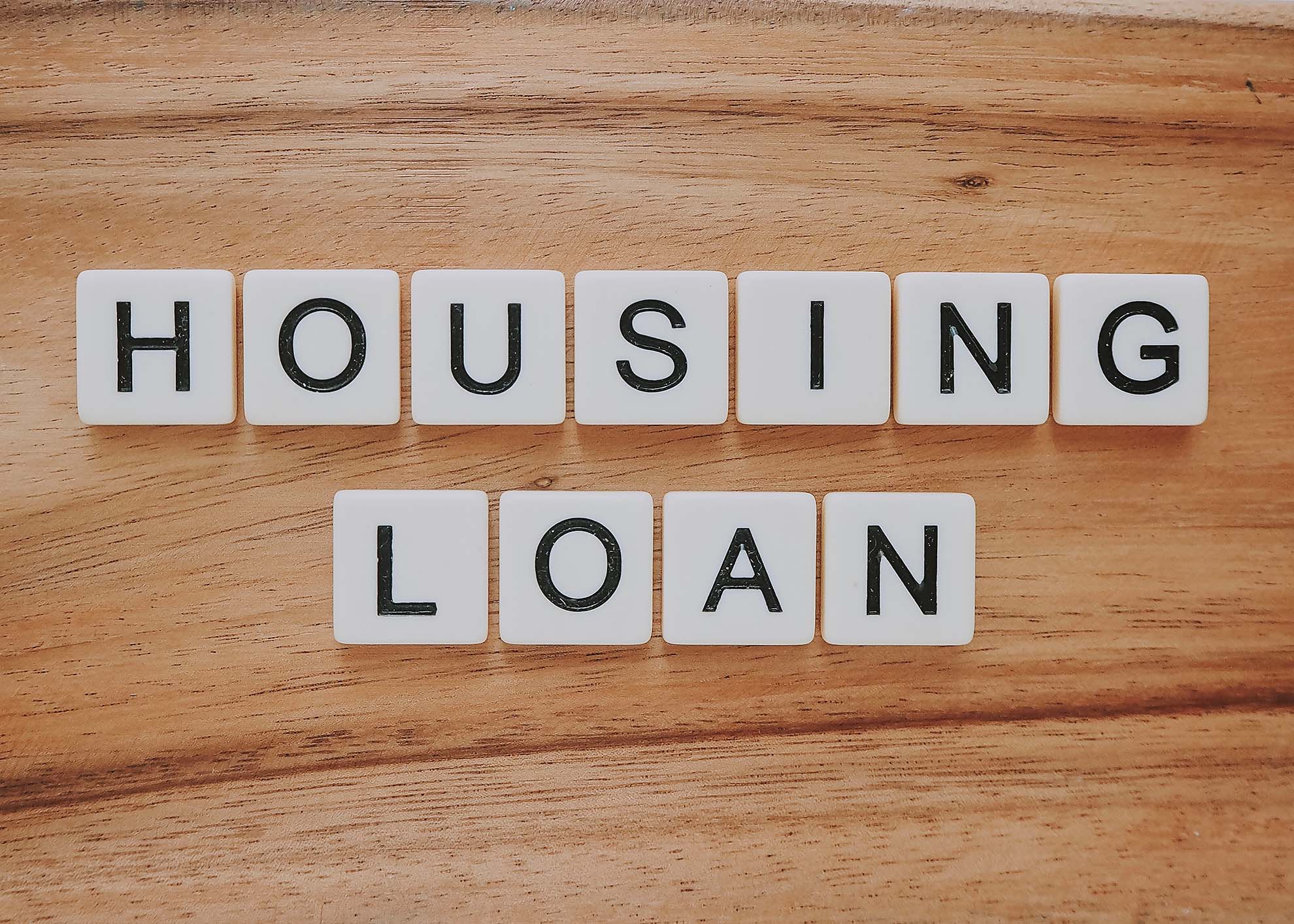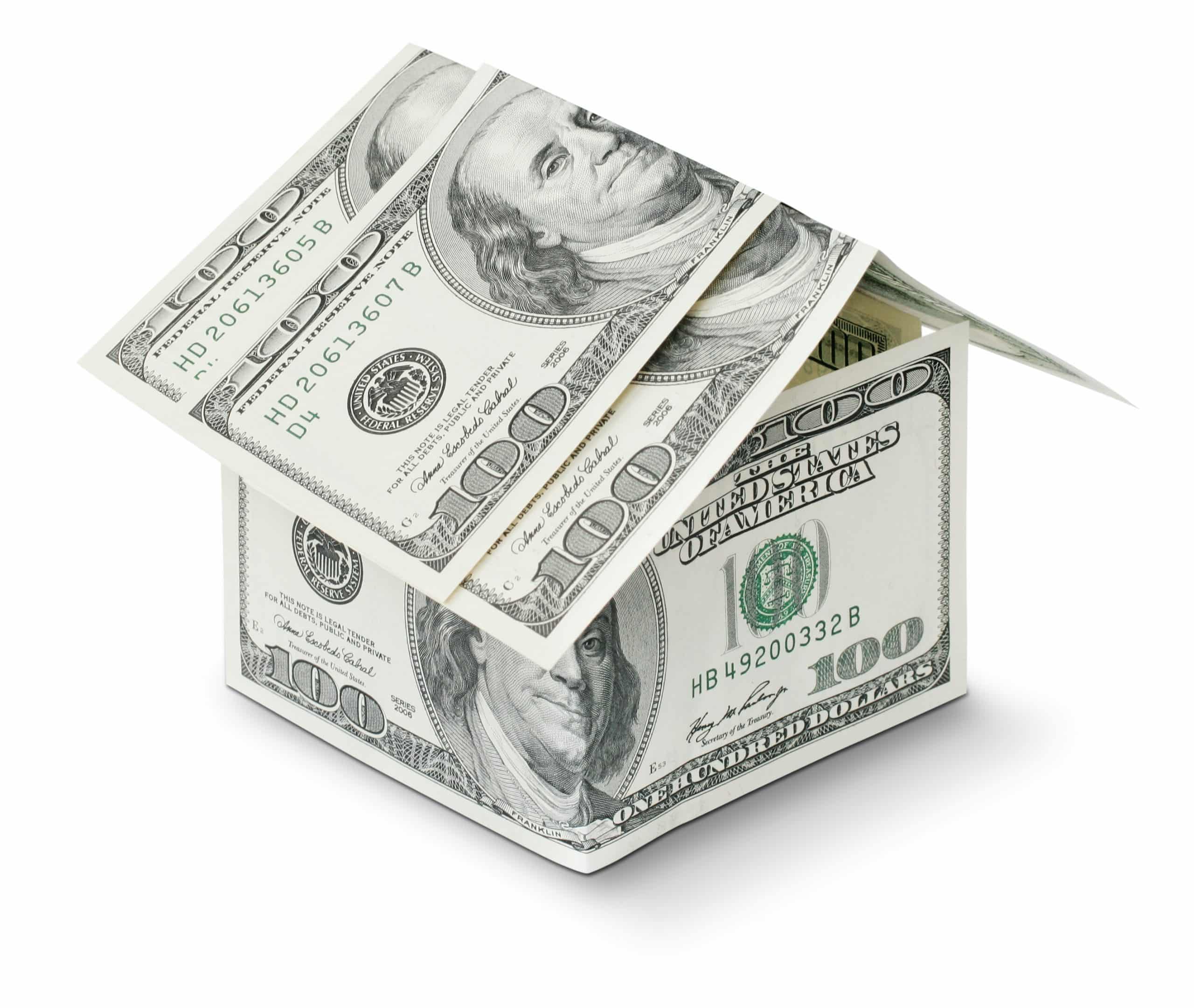What to Expect in the 2022 PA Housing Market

The Pennsylvania Real Estate Market in 2022
Pennsylvania single-family homes on the market are expected to continue to sell quickly due to a limited supply and high demand. In addition, homes are not as likely as before to get sold without making any necessary repairs or updates. Buyers who are paying the asking price, or over the asking price, are less likely to want to fix problems or do renovations after purchasing their new home.
Competition has been fierce among buyers trying their best to win bidding wars. A real estate bidding war is a situation in which more than one party expresses interest in purchasing the same piece of property. The parties involved will then make offers on the property in an attempt to win it over the other. We expect bidding wars to continue into 2022.
Housing Prices
Supply and demand is the single most important factor in determining price. So with limited single-family homes on the market, and many buyers fighting for them, prices are expected to stay stable after the red hot market of 2021.
According to Lawrence Yun, the National Association of Realtors®’ chief economist, “home price increases are also expected to ease with an annual appreciation of less than 6%”.
There were 6 million existing-home sales in the US in 2021. The best in 15 years. Lawrence Yun predicts that sales will decrease slightly in 2022, due in part to the expected increase in interest rates. Also, there should be a modest increase in new home construction as the supply chain backlog improves.
Interest Rates and Mortgages
The national average 30-year fixed mortgage APR is 3.560% as of January 10, 2022.
An important rate to keep track of for determining what mortgage interest rates might be in 2022 is the Federal Funds Rate.
The Federal Funds Rate is the interest rate at which depository institutions lend federal funds to other depository institutions overnight. The Federal Reserve can influence this rate by buying or selling U.S. Treasury securities.
Mortgage rates are influenced by the Fed Funds Rate because they are typically tied to the 10-year Treasury yield. When the Fed Funds Rate goes up, mortgage rates go up, and when the Fed Funds Rate goes down, mortgage rates go down.
The Fed Funds Rate is currently at 0.25%. That’s the rate it has been at for the last year.
The Fed has signaled that it will increase the Federal Funds Rate this coming year, and the consensus among economists is that it will increase 0.50% in 2022. If this happens, then mortgage rates should increase as well.
Here are 5 reasons that interest rates affect mortgages:
- The cost of borrowing money: Interest rates are the amount of money people have to pay for borrowing money. When interest rates go up, it costs more to borrow money. This means that people have to pay more for mortgages and other loans.
- The availability of credit: People have to pay more for mortgages and other loans when interest rates go up. This means that it is harder for people to borrow money.
- Inflation and the level of interest rates: Inflation is when prices for things go up. When it happens, interest rates will often go up as well due to the influence of the Federal Reserve. One of the main goals of the Federal Reserve is to control inflation. The Fed can influence inflation by changing the Federal Funds Rate.
- Risk premiums for different types of borrowers: A risk premium is an extra amount of money that a borrower has to pay when they borrow money. This is because the lender perceives the borrower as being riskier. The riskier the borrower is, the higher the risk premium will be. An example of how risk premiums affect home mortgages is when a lender requires a higher interest rate for a mortgage if the borrower has a low credit score. This is because the lender perceives the borrower as being riskier. The higher the interest rate, the more money the borrower will have to pay in total.
- The liquidity of the mortgage market: The liquidity of the mortgage market is the ability of a lender to quickly and easily sell mortgages. This makes more capital available to lenders.
Buying a House in Pennsylvania
Buying a house is one of the most important choices many people will make in their lifetime. It’s helpful to keep in mind that buying a house is also an investment, which means buying at the right time can be crucial for maximizing your buying power. Purchasing real estate isn’t something you do on a whim; it takes serious consideration and long-term planning.
When thinking about buying a house, Pennsylvania buyers should consider the following:
- How much can I afford to spend?
If you want to buy a home, it is good to have a mortgage that is about 30% of your income. - What are my needs vs. what are my wants?
Making a list of your needs and wants helps to clarify what is truly important. No home is perfect. So having a clear idea of those items that are non-negotiable before writing an offer is very helpful in the purchasing process. - What kind of mortgage do I need?
For example, a 30-year fixed-rate mortgage vs. a 15-year fixed-rate mortgage. The VA loan is available to those who served in our country’s military. FHA loans have a lower down payment and tend to approve buyers with lower credit scores. - Can I really afford a monthly mortgage payment and other associated costs (property taxes, homeowners insurance, homeowners association, etc.)?
- What will happen to real estate prices, inflation, and interest rates in Pennsylvania in 2022?
Selling a House in Pennsylvania
The market for selling a house in Pennsylvania in 2022 is expected to remain strong. Housing inventory remains low compared to the number of first-time homebuyers as well as seasoned home buyers looking to move.
First-time homebuyers are driving a lot of the demand. Millennials – those born between 1982 and 2000 – continue to age into the home-buying market. This generation holds a significant number of people aged 24 through 44 who are ready to purchase their first home.

Here are 5 tips for selling a home in Pennsylvania in 2022:
- Your home must be in great condition and updated if you want to get top dollar. You want to get as much money for your home as possible.
For example, consider painting your walls. Fix anything that’s broken. Replace the roofing if it’s near the end of its life. HVAC stands for heating, ventilation, and air conditioning. It’s a system that regulates the temperature in a building or vehicle. Make sure the HVAC system is up to date. - Price your home correctly from the beginning – it’s important to have realistic expectations.
- Stage your home so that it looks its best, emphasizing its selling points.
It’s important to make your house look clean and declutter before you start showing it to buyers. Remove overly personal items such as family photos. You want buyers to be able to imagine what it would be like to live there and to visualize their furniture and decorations in each room. At this point, your home is your investment and you need to see the sale as a business transaction. - Use a real estate agent who knows the market inside and out.
When you try to sell your house yourself, it’s called FSBO. It can be a bad idea because it’s hard to know what to do and how to do it. You also might not get as much money as if you used a real estate agent. - Be prepared to negotiate with potential buyers.
When you want to sell your house, you need to be prepared to negotiate with the people who might want to buy it. Your real estate agent will help you do this.
The Real Estate Market in Pennsylvania is Solid
There are a lot of questions about what the future holds for Pennsylvania’s housing market and we can help answer them. Subscribe to our newsletter to stay up-to-date on developing trends in real estate, including new developments happening this year that will affect your home purchase or sale decisions. We can also help you get expert advice on how interest rates, inflation, and other factors may impact you as a homeowner.
Featured photo courtesy of Ralph Kelly on Unsplash.




Leave A Comment